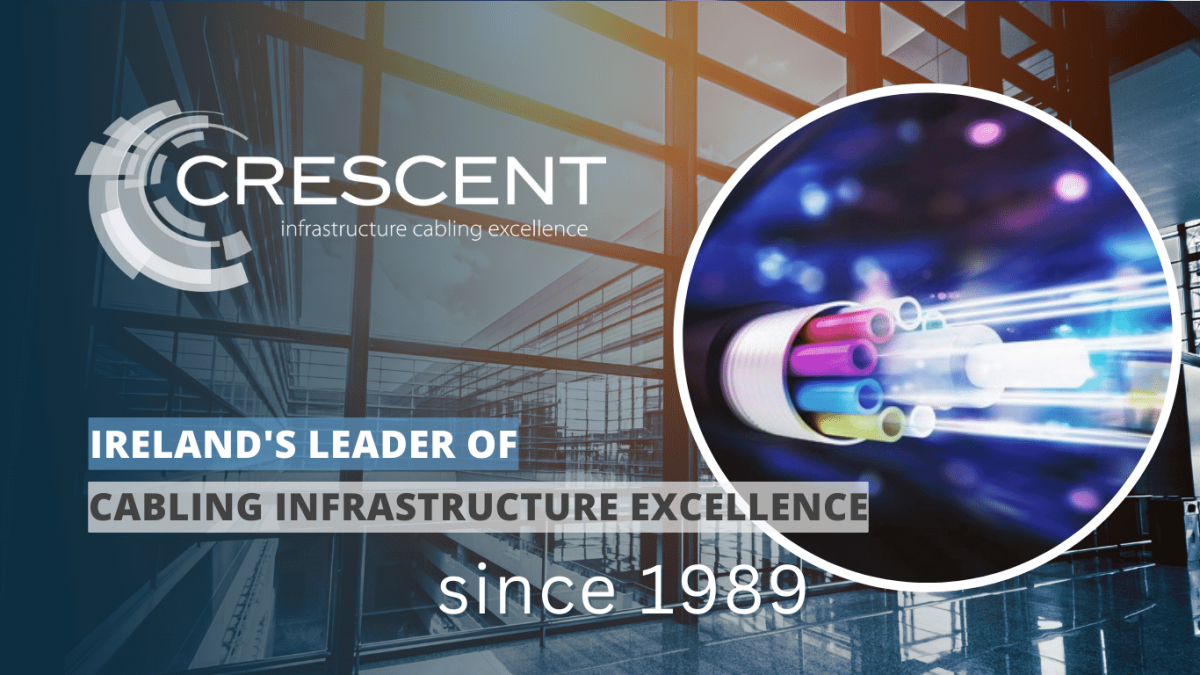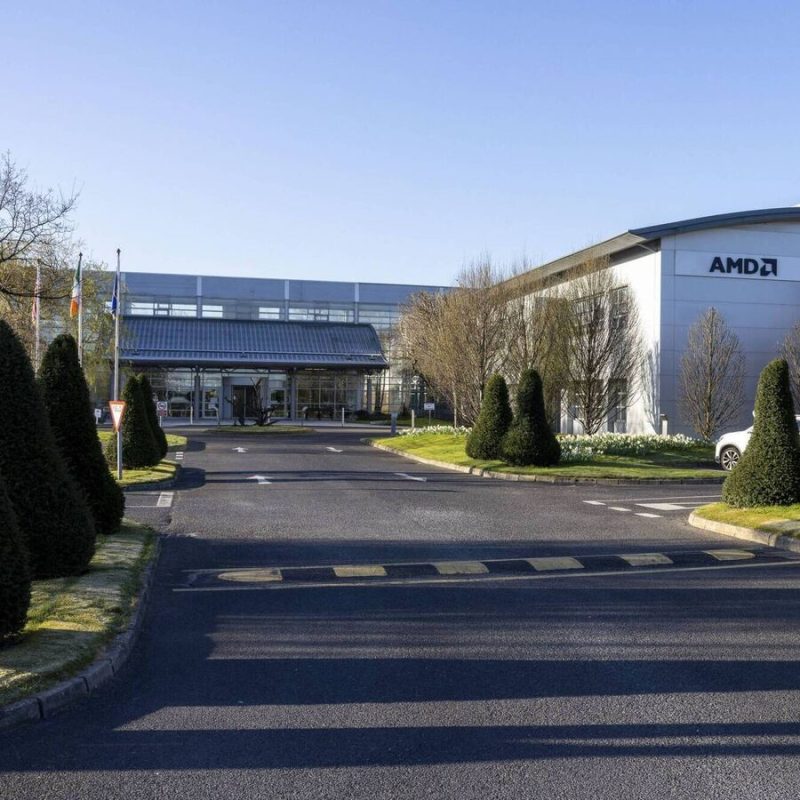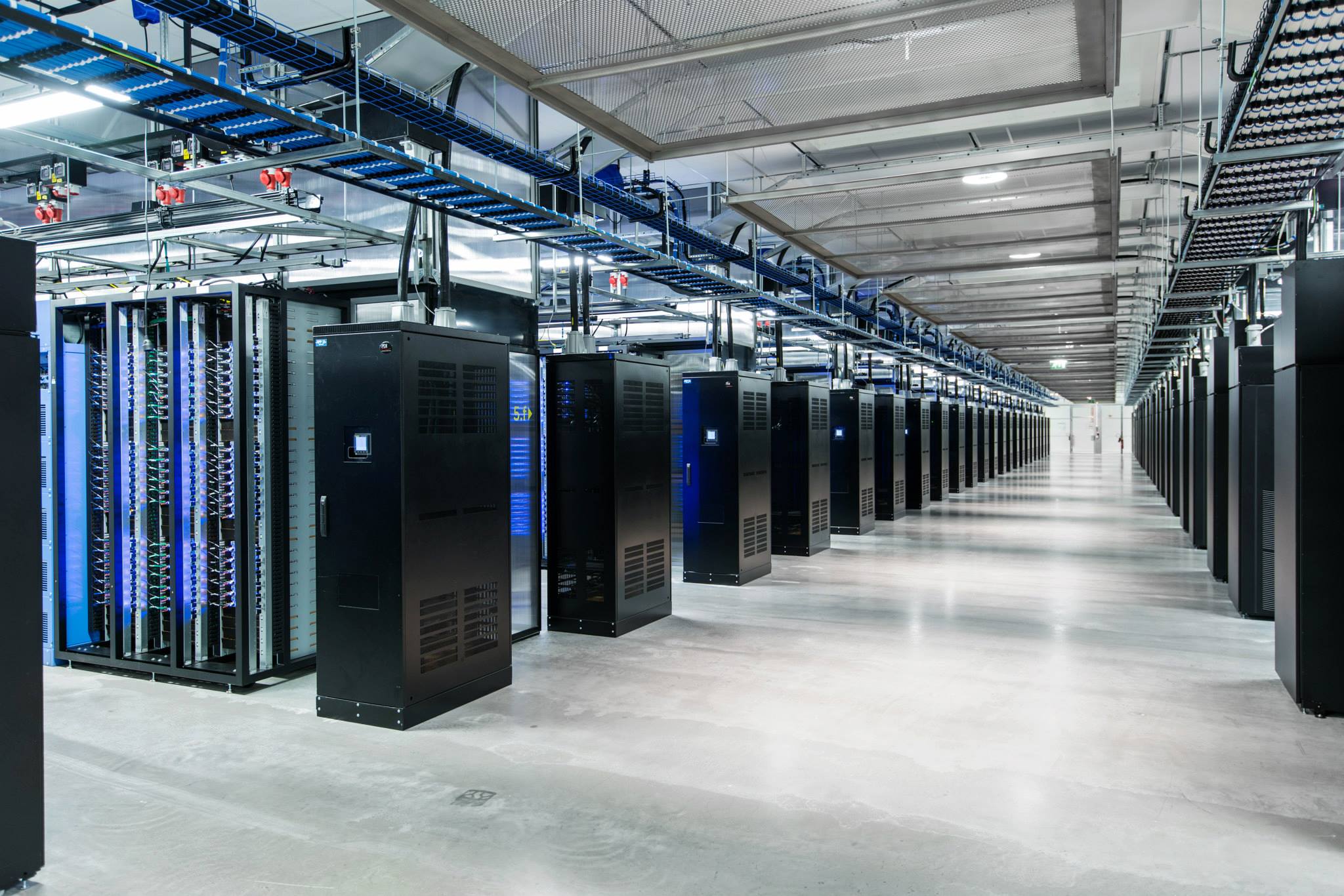As Ireland advances into an era dominated by artificial intelligence (AI), the critical role of infrastructure cabling cannot be overlooked. At the core of AI’s rapid rise is data centre solutions infrastructure cabling—a network of wires, fibres, and connections that powers data centres, cloud environments, and high-speed networks essential for AI’s functionality. Without robust cabling solutions, the AI systems we increasingly rely on would be unattainable.
As Ireland advances into an era dominated by artificial intelligence (AI), the critical role of infrastructure cabling becomes increasingly clear. At the core of AI’s rapid rise lies data infrastructure cabling—a network of wires, fibres, and connections that powers data centres, cloud environments, and high-speed networks essential for AI’s functionality. Without this sophisticated cabling infrastructure, we would not be able to rely on AI systems
The Unsung Hero: AI-Ready Data Infrastructure Cabling in Ireland
Although data infrastructure cabling might not seem as glamorous as AI algorithms or machine learning models, it nonetheless plays a crucial role in enabling AI applications. Consequently, effective cabling is essential for the seamless operation of advanced technologies Every AI-driven technology—from voice assistants and facial recognition systems to predictive analytics and autonomous vehicles—depends on vast amounts of data being transferred, processed, and analyzed quickly. This process relies on a well-designed network of cabling.
In Ireland, data centres—central to AI operations—depend on a complex web of copper cables, fibre optic cabling, and high-speed connections to move data between servers, storage systems, and external networks. To handle the ever-increasing volumes of data required for AI applications, these facilities need robust, scalable, and future-proof cabling infrastructure.
The Convergence of AI and Cabling Solutions
As AI technology evolves, the demands on data infrastructure intensify. AI systems require low latency, high bandwidth, and massive data throughput—demands that put unprecedented pressure on existing cabling solutions. Consequently, traditional cabling systems, designed for more modest data flows, are being upgraded to meet AI’s high-performance needs.
One significant trend is the shift towards fibre optic cabling. Unlike copper cables, fibre optics transmit large amounts of data over long distances at the speed of light. This makes fibre optic cabling ideal for supporting data-intensive AI applications such as real-time data processing, deep learning, and large-scale neural networks.
Moreover, AI is being utilized to optimize data infrastructure management. Advanced AI algorithms can predict traffic patterns, identify potential bottlenecks, and recommend efficient data routing paths. This use of AI ensures that cabling systems operate at peak efficiency, thereby minimizing downtime and maximizing performance.
The Rise of Edge Computing: New Challenges for Data Cabling
Another significant development in AI is the rise of edge computing, where data processing occurs closer to the data source rather than in a centralized data centre. This shift—driven by applications such as autonomous vehicles, IoT devices, and smart cities—requires a different approach to cabling. Connecting numerous distributed devices to local processing units often necessitates deploying new types of cables that are smaller, more flexible, and capable of withstanding harsh conditions.
Future-Proofing Data Infrastructure for AI in Ireland
As AI technology advances, so must the data infrastructure that supports it. To remain competitive in an AI-driven world, companies in Ireland must future-proof their data infrastructure. This involves not only upgrading existing cabling systems but also anticipating future AI requirements.
One effective approach is building modular and scalable cabling systems that adapt to technological changes. For example, using high-density cabling solutions maximizes space within data centres, and adopting new standards such as 400G and 800G Ethernet enables higher data transfer rates.
Additionally, sustainability is becoming increasingly important. With the environmental impact of data centres under scrutiny, developing energy-efficient cabling solutions is essential. This approach involves using cables that reduce power consumption, generate less heat, and use recyclable materials. By focusing on sustainability, companies can meet AI demands while contributing to a greener future.
Conclusion: The Crucial Role of Cabling in Ireland’s AI Future
As AI continues to shape the future, the role of data infrastructure cabling remains indispensable. It is the hidden force behind massive data processing, high-speed communication, and real-time decision-making. Whether supporting traditional data centres or cutting-edge edge computing, cabling infrastructure must evolve to meet new demands.
Investing in advanced cabling solutions is not merely about keeping up with technology trends—it’s about preparing for the future. As AI pushes the boundaries of what’s possible, a robust, scalable, and sustainable data infrastructure becomes increasingly critical. For businesses in Ireland looking to harness AI’s full potential, optimizing your cabling infrastructure is a crucial first step.
If you want to future-proof your data infrastructure and support the next generation of AI-driven applications, Crescent is here to assist. With over 35 years of experience in data cabling and telecommunications, we offer tailored solutions to meet your business’s unique needs. Contact us at [email protected] to learn more about how we can support your journey into the AI-driven future.















